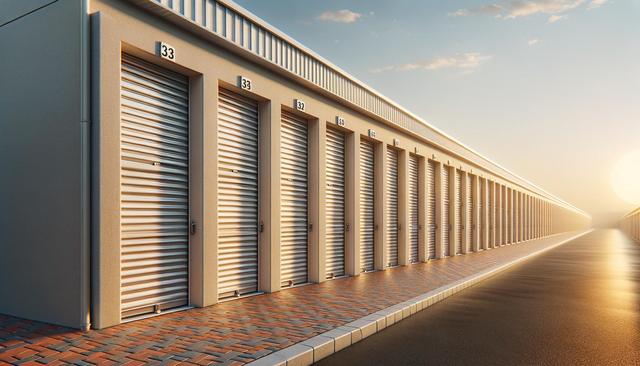Understanding the Types of Storage Units Available
Before starting your search for storage units for sale near you, it’s important to understand the different types available. Storage units come in a variety of forms, each suited to specific needs. The most common types include traditional self-storage units, climate-controlled units, portable storage containers, and multi-unit storage facilities. Knowing the distinctions can help you make an informed decision based on your requirements and budget.
Some key considerations when evaluating unit types include:
- Location and accessibility
- Size and scalability of the unit
- Climate control for sensitive items
- Security features such as surveillance and gated access
Each of these factors plays a role in determining whether a unit meets your needs for personal storage, business operations, or investment.
Why People Buy Storage Units
The reasons for purchasing a storage unit vary widely depending on individual or business goals. For many, it’s a matter of convenience—owning a storage unit provides long-term access without recurring rental fees. Others see it as an investment opportunity, especially in areas where demand for storage space is growing.
Common motivations include:
- Expanding small retail or e-commerce operations
- Storing equipment or inventory for contractors and small businesses
- Creating passive income through rental of unused units
- Establishing a personal workspace or hobby area
Understanding your primary reason for purchase will guide your search and help you evaluate the suitability of available options.
How to Search for Storage Units for Sale Near You
Finding storage units for sale near you begins with a local search. Online real estate listing platforms, commercial property websites, and local classified ads are great places to begin. Additionally, connecting with commercial real estate agents who specialize in storage properties can offer access to listings that may not be publicly advertised.
When searching, consider the following tips:
- Use specific location filters to narrow your results
- Check zoning regulations and permit requirements in your area
- Review previous ownership and maintenance records
- Compare prices with similar properties nearby
Being thorough in your search process ensures you find a unit that aligns with both your budget and intended use.
Evaluating the Investment Potential
For those interested in turning storage units into a source of income, evaluating the investment potential is crucial. Factors such as local demand, rental rates, competition, and operating costs will determine your return on investment. It’s also important to assess the property’s condition and whether improvements or renovations are needed.
To assess profitability, consider:
- Current occupancy rates in the area
- Monthly operating expenses (insurance, utilities, maintenance)
- Marketing strategies to attract tenants
- Opportunities for expansion or added services
With the right approach, investing in a storage unit can be a steady way to generate income while providing a useful service to the community.
Legal and Financial Considerations
Purchasing a storage unit, especially one intended for commercial use, involves several legal and financial steps. It’s essential to conduct due diligence to avoid future complications. This includes obtaining a title search, ensuring compliance with local zoning codes, and reviewing leasing agreements if the unit is part of a larger facility.
Some important steps include:
- Securing financing or confirming funding options
- Working with a real estate attorney to review contracts
- Understanding tax implications and property assessments
- Confirming insurance requirements for property and liability
By addressing these aspects early in the process, you can navigate the purchase with greater confidence and avoid unexpected challenges post-sale.


